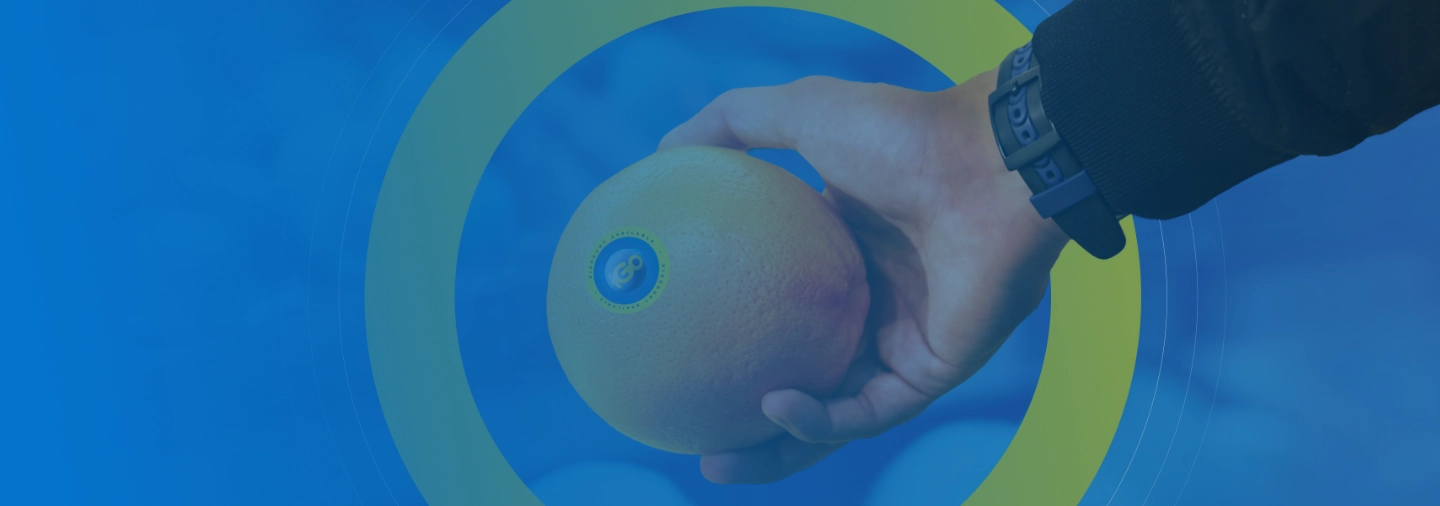Diagnosing your own or someone else’s illness and deciding what is the correct medicine to take is dangerous, if you are not a medical practitioner.
Unfortunately, some people think that an antibiotic is the right treatment for almost any condition. They buy the antibiotic or what purports to be an antibiotic on the street or from someone they know who has access to antibiotics. They fail to appreciate that not only may they be incorrect in their self-diagnosis but that overuse of antibiotics can create resistance by bacteria to them, so that they are no longer effective.
Others are convinced that the stomach pains they are experiencing are due to a build-up of acid and take anti-acid medication, only to discover when this does not work and when they eventually do go to a doctor that the problem was an infection that requires an antibiotic.
Self-diagnosis and self-medication are a risky business and are harmful. There is a reason why most drugs require a doctor’s prescription.
All drugs have side effects. Doctors are trained in their use and the correct medicine and correct dosage for different conditions.
Ready access to medical information on the internet can make self-diagnosis seem easy, even though there are illnesses that have many symptoms in common. However, it is risky as it may ultimately harm rather than improve your health.
If you have already been prescribed a drug in the past for a certain condition, it can be easy to imagine that if you have similar symptoms again that the answer is to take that drug again. However, it might not be the same condition. Moreover, even if it is the same condition, the drug you were taking before may have serious side effects if taken in the wrong dosage or for too long a period.
If you are already on some medication, your self-medication solution may result in your taking medicines that should not be taken with the prescribed medicines you are already on.
It is wise, even with over-the-counter medicines, to have some medical advice. In all cases the pharmacist is able to offer advice. It is unwise to buy drugs that require a prescription from street vendors.
Self-diagnosis and self-medication is dangerous. The self-diagnosis may be wrong. The choice of medication may be incorrect. The dosage may be incorrect. You may even be doing yourself harm.
Potential risks of self-medication practices include incorrect self-diagnosis, delays in seeking medical advice when needed, infrequent but severe adverse reactions, dangerous drug interactions, incorrect manner of administration, incorrect dosage, incorrect choice of therapy, masking of a severe disease and risk of drug dependency and abuse.
Causes of self-medication
Some people who self-medicate may do so after being diagnosed with a particular physical or mental health condition and having been prescribed drugs for that condition before. They may presume the same medication is appropriate. If you have a chronic condition the doctor may have given you a repeat prescription. If you have not been given a repeat prescription you should presume that the doctor did not believe one was appropriate without a further consultation.
Some people self-diagnose and self-medicate for financial reasons. It saves the cost of a consultation. They may feel it is a waste of time going to a clinic or doctor because they think they know the answer to their problem. With some minor illnesses they may be quite correct. However, if they are feeling seriously unwell it is always best to go to the doctor or clinic or make a tele-medicine appointment.
Some people with undiagnosed disorders, especially mental health disorders, use drugs and sometimes alcohol to manage symptoms they view as part of their everyday lives.
Some may self-medicate after going through a traumatic life event or experiencing grief and loss. Some may have experienced intense grief and resort to drugs and alcohol to make themselves feel better.
Others who have experienced trauma, such as war, an accident, sexual assault or an abusive relationship, often use substances to cope with the intense and confusing emotions accompanying the event.
This can lead to addiction and to their ending up in a worse place than they were in when they decided to take these drugs or resort to alcohol to overcome depression or some other negative emotional or physical condition.
Side effects of self-medication
Taking pills may give you instant relief but what you may not realise is that they generally do have side-effects. Sometimes you may be given prescribed medication for different health issues. Self‑medicating or giving the medicine to a friend may lead to adverse reactions.
One drug may react differently when consumed with another drug. This can lead to further illness or even death.
A major problem with self-medication is that you do not know the correct dosage to take. You may underestimate the strength of the drugs you are taking or what they are made of and how your body will react to them.
Some drugs should only be taken for a limited period. If they are taken for a longer period, there may be adverse side effects. They may give rise to another health problem.
Overlooking risks is most common in the early stages of self-medication as you may feel better when you take the drugs and then assume you are healing yourself.
Some people who chronically misuse drugs such as benzodiazepines may experience worsening symptoms of depression. Those who repeatedly smoke marijuana can experience chemical imbalances in their brains and lung damage from the smoke.
Frequent self-medication, particularly if it is with the same drug, can lead to addiction as the body becomes physically dependent on the substances used. The brain will learn to associate pleasure with using the substance despite the harmful effects on your life.
Seeing the doctor
Trying to self-diagnose your condition or that of your child or friend and deciding yourself on the medication to use in the event of serious illness delays the professional treatment needed.
It is best not to self-diagnose or self-medicate. However, if you have done so and it doesn’t work and you end up going to a clinic, hospital or doctor, it is important to tell the doctor that you tried to solve the problem yourself by taking certain medications and tell him what medicines have been taken and their effect or lack of effect. This may help the doctor treat you appropriately.





